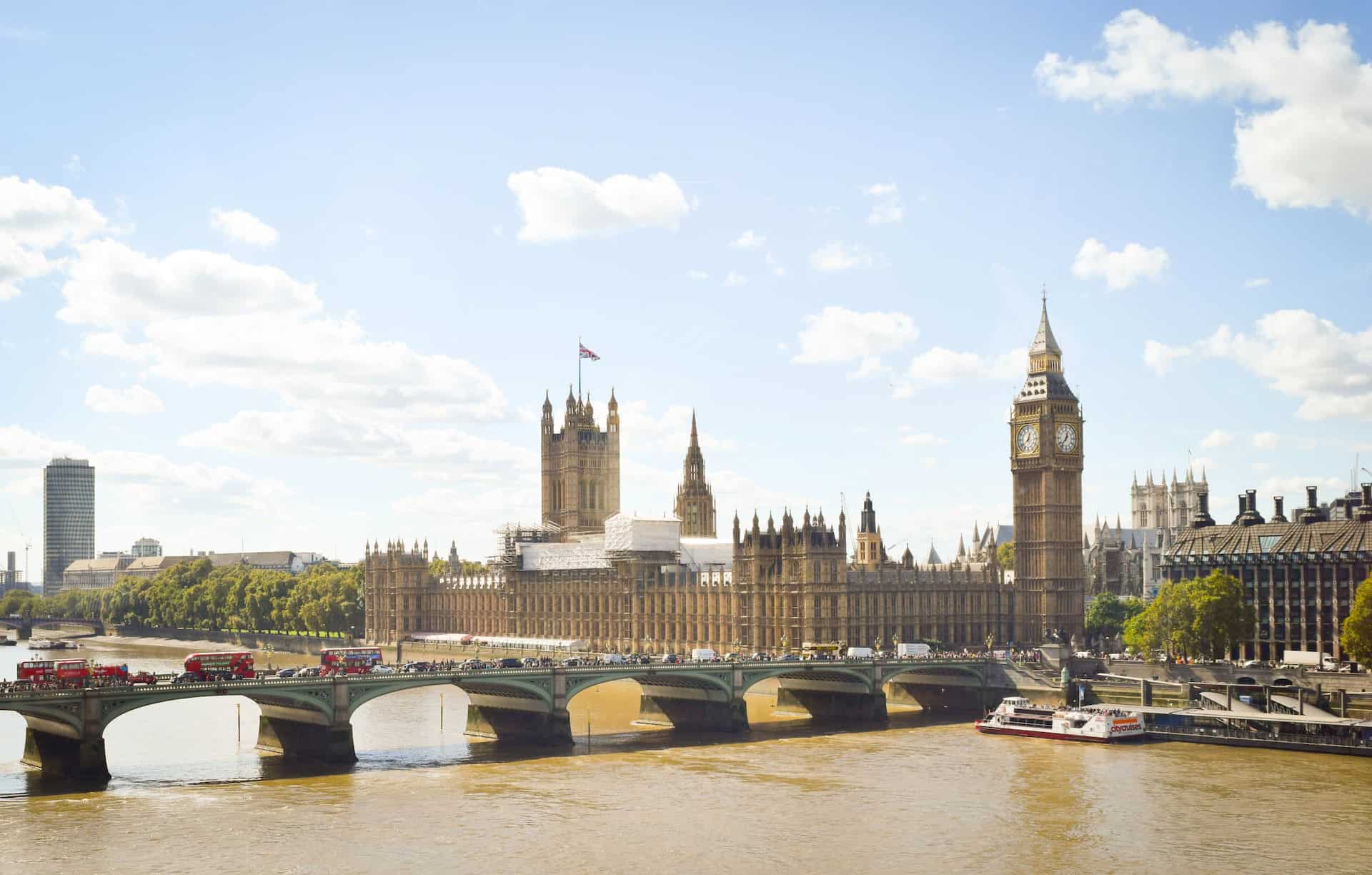The UK international educator sector has reacted to the Home Office’s announcement on legal migration restrictions, including its review of the Graduate Route visa.
On December 4, home secretary James Cleverly announced that, in a bid to “prevent abuse” and “protect the integrity and quality of the UK’s outstanding higher education sector”, the Migration Advisory Committee has been asked to review the Graduate Route.
Despite being somewhat prepped for a “period of risk”, many stakeholders in international education and supporters of the Graduate Route are speaking out against the latest move from government, which follows on from a ban on international master’s students bringing dependants to the UK.
UUK’s chief executive, Vivienne Stern, noted that nobody “wants abuse of the system, so we will work with government to ensure there is no scope for this”.
“However, it is important that we now put to bed the suggestion that this visa will be scrapped, which will go a long way to reassuring prospective international students that the UK remains an attractive destination,” she added.
“The Graduate Route is an essential part of the UK’s offer to prospective students. Many of our competitors have something more attractive. International students make a net economic contribution to the UK of around £40bn a year, and this benefits the whole of the UK. There are towns and cities across the country which can ill afford to lose this economic boost, and it is good to see that this has been recognised.
“Universities will though be concerned at the potential impact of changes to skilled salary thresholds and the shortage occupation list. This could impact universities’ ability to attract global talent, in disciplines ranging from civil and mechanical engineers to lab technicians and IT specialists.”
“Targeting international students through threats to graduate work visas shows a failure to recognise both public opinion and the economic reality,” said Vanessa Wilson, CEO of University Alliance.
Wilson cited research by Public First that suggests only 9% of the general public think that international students and researchers should be discouraged from coming to the UK.
As is the case for many in the sector, the news inspired Wilson to reflect on the value of the UK’s international students and the Graduate Route visa.
“International student fees now fund university research activity and teaching for UK students, which make a combined loss of £6 billion. Our local economies need skills and innovation to grow, and in many constituencies, universities are the biggest source of both.
“The question about international student post-work study visas has been asked and answered: when graduate work visas were last revoked, the UK lost an estimated £8bn in export earnings.”
Wilson noted that in the same period, Australia overtook the UK as the second most popular study destination in the world.
“It’s hard to imagine any other government being so reckless with a key export”
“Treading over this debate again is a gift to our international competitors” she said.
Speaking to The PIE, Donal O’Connor, director of future students at the University of South Wales too noted the advantage a review could give the UK’s competitor markets.
“The sector continues to flounder whilst the government appear to be making policy up on the hoof, it must be manna from heaven for our global competitors,” said O’Connor.
“It’s hard to imagine any other government being so reckless with a key export. One can only hope common sense prevails and the Graduate Route, as is, remains unaffected.”
Ruth Arnold executive director of external affairs at Study Group and co-founder of the #WeAreInternational campaign highlighted that “international students making choices about study destinations need confidence that policy around post-study work is stable and that they are truly welcome”.
“International students are very welcome in British universities and in the communities to which they bring so much that is precious,” she said.
“But it is vital that we make clear to those who need clarity that their ability to gain work experience after graduation and mitigate the costs of study that post-study work is not at risk.
“Students have global choices and the UK needs to unambiguously offer its full support to this vital inward investment of talent.”
Others in the sector are eagerly awaiting more details of what a review might entail.
“It’s only good practice to be looking at reviewing anything in international higher education, including the Graduate Route. So it should in many ways be expected,” said Judith Lamie, pro vice-chancellor for international at Swansea University.
“But obviously the detail is something that we know nothing about at the moment. So it would just be interesting to see how that unfolds.”
Stakeholders had as recently as last week expressed hoped that newly appointed Cleverly would “change the tune” on international students.
Meanwhile, previous home secretary Suella Braverman has continued to call for tougher measures, taking to social media to share her view that the not only should the Graduate Route be reviewed but should be shortened too, as well as an annual cap across all visa routes be implemented.
As well as these proposals, we should go further: shortening the graduate route – not just reviewing it again; & we need an annual cap, set by Parliament, across all visa routes, so we don’t get into this terrible situation again & government can be properly held to account. 3/4
— Suella Braverman MP (@SuellaBraverman) December 4, 2023
Just hours before the announcement from Cleverly was made, Robert Halfon, the UK’s minister for skills apprenticeships and higher education, spoke of his support for international students at a UK ENIC/ECCTIS event.
However, David Pilsbury, chief development officer at Oxford International Education Group, writing on LinkedIn, predicted that this speech – in which Halfon highlighted how the UK has surpassed its target of 600,000 international students and spoke of policy changes made so far – may have been an effort to manage expectations and set the scene for a policy response to come.











